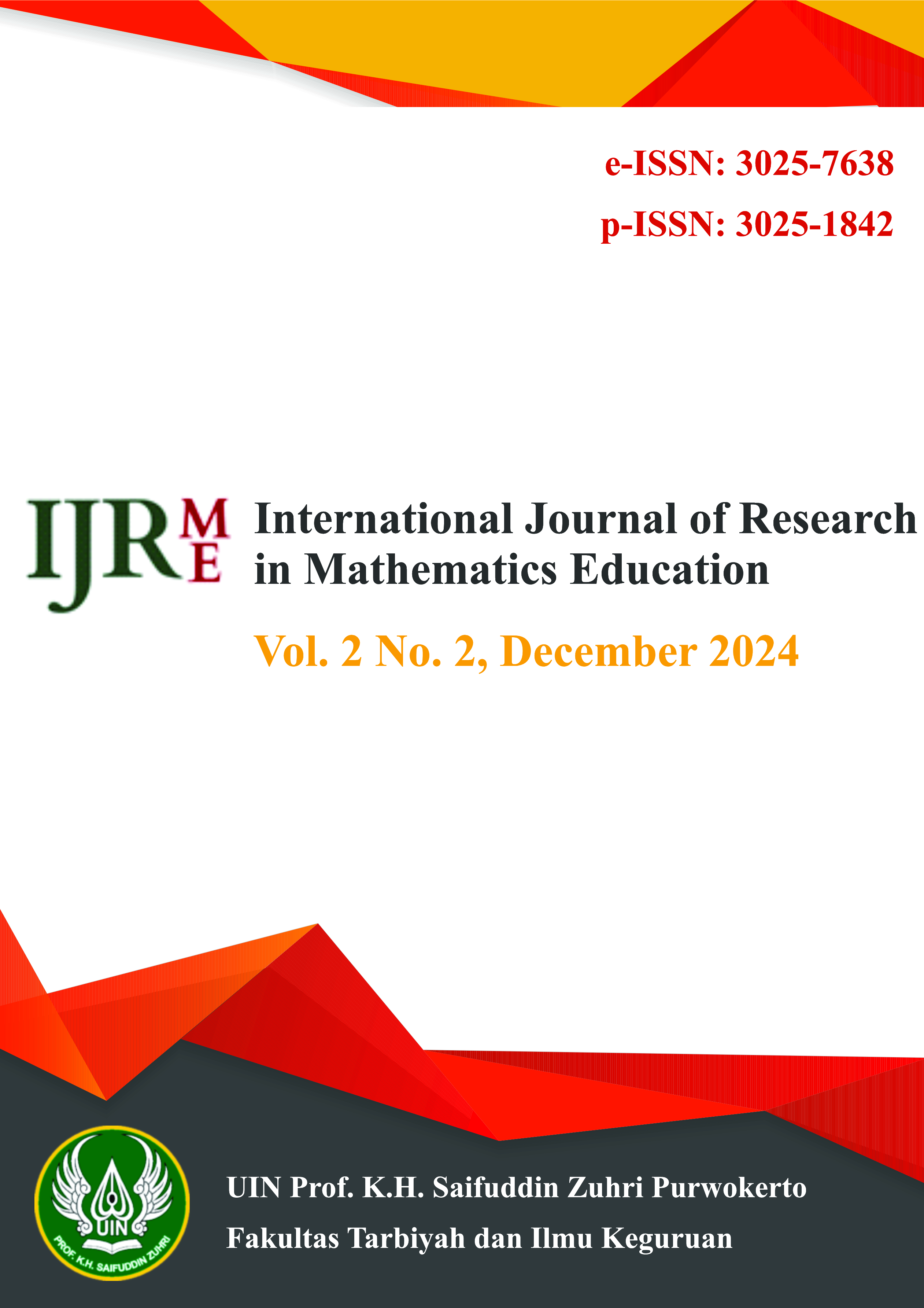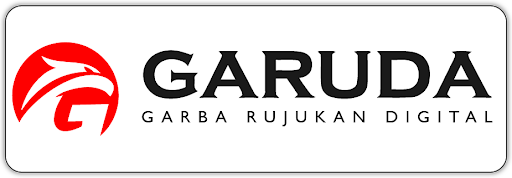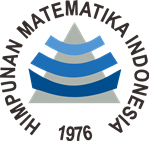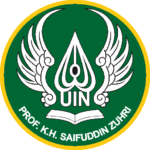The Influence of High School Students' Mathematical Curiosity on Interest in STEM Learning
DOI:
https://doi.org/10.24090/ijrme.v2i2.12337Keywords:
interest, mathematical curiosity, STEMAbstract
The study had explored the influence of high school students' mathematical curiosity on their interest in STEM (Science, Technology, Engineering, and Mathematics) learning. Using a quantitative approach, the study had involved 271 students from various high schools, who had filled out a questionnaire regarding their level of mathematical curiosity and interest in STEM learning. Regression analysis had been conducted to identify the relationship between the two variables. The study's results had revealed a significant relationship between mathematical curiosity and interest in STEM learning, with a p-value of <0.05. This finding had indicated that students' mathematical curiosity had simultaneously influenced students' interest in STEM learning with several indicators that had significantly affected interest in STEM learning, namely the desire to detail information and enthusiasm for learning. The implications of these results had highlighted the importance of designing teaching strategies that could trigger students' mathematical curiosity to increase their engagement in STEM fields.References
Anderson, K. E., & Dean. (1963). A Comparative Study of Student Self-Ratings on The Influence of Inspirational Teachers in Science and Mathematics in The Development Of Intellectual Curiosity, Persistence, and A Questioning Attitude. Inspirational Teachers.
Andrade, C. (2019). The P value and statistical significance: Misunderstandings, explanations, challenges, and alternatives. In Indian Journal of Psychological Medicine (Vol. 41, Issue 3, pp. 210–215). Wolters Kluwer Medknow Publications. https://doi.org/10.4103/IJPSYM.IJPSYM_193_19
Asria, L., Sari, D. R., Ngaini, S. A., Muyasaroh, U., & Rahmawati, F. (2021). Analisis Antusiasme Siswa dalam Evaluasi Belajar Menggunakan Platform Quizizz. Alifmatika: Jurnal Pendidikan Dan Pembelajaran Matematika, 3(1), 1–17. https://doi.org/10.35316/alifmatika.2021.v3i1.1-17
Belecina, R. R., & Ocampo, J. M. (2016). Mathematical Curiosity, Epistemological Beliefs, and Mathematics Performance of Freshman Preservice Teachers. In Jurnal Indonesia untuk Kajian Pendidikan (Vol. 1, Issue 1). http://ejournal.upi.edu/index.php/mimbardik
Cheng, H., Buntting, C., & Jones, A. (2022). Concepts and Practices of STEM Education in Asia.
Creswell, J. W. (2013). Qualitative inquiry & research design (3rd ed.). SAGE Publications, Inc.
Creswell, J. W. (2014). Ressearch Design (4th ed.). SAGE Publications, Inc. http://journal.um-surabaya.ac.id/index.php/JKM/article/view/2203
Papilaya, A. F., Putri, K., & Dirgantoro, S. (2023, December 6). Penerapan Metode Pembelajaran Creative Problem Solving Untuk Mengembangkan Pemahaman Konsep Matematis Siswa Kelas X Pada Topik Eksponen. Prosiding Seminar Nasional Pendidikan Matematika V (Sandika V).
Gómez-Chacón, I. M., Hochmuth, R., Jaworski, B., Rebenda, J., Ruge, J., & Thomas, S. (2021). Inquiry in University Mathematics Teaching and Learning: The Platinum Project. In Inquiry in University Mathematics Teaching and Learning: The PLATINUM Project. Masaryk University. https://doi.org/10.5817/CZ.MUNI.M201-9983-2021
Hariyanti, F., & Lestari, W. (2023). Upaya Meningkatkan Rasa Ingin Tahu dan Prestasi Siswa Melalui Guided Discovery Learning dalam Pembelajaran Matematika. Jurnal Penelitian Pembelajaran Matematika Sekolah, 7(JP2MS), 83–94. https://doi.org/10.33369/jp2ms.7.1.83-94
Li, Y., & Schoenfeld, A. H. (2019). Problematizing teaching and learning mathematics as “given” in STEM education. In International Journal of STEM Education (Vol. 6, Issue 1). Springer. https://doi.org/10.1186/s40594-019-0197-9
Miles, S., Sherryl, U., Graves, B., Shay, E., Harford, M., & Thompson, R. (2018). Pedagogical Content Knowledge in STEM. http://www.springer.com/series/13546
Peterson, E. G., & Cohen, J. (2019). A Case for Domain-Specific Curiosity in Mathematics. In Educational Psychology Review (Vol. 31, Issue 4, pp. 807–832). Springer. https://doi.org/10.1007/s10648-019-09501-4
Puspitasari, S., Mariyam, & Husna, N. (2024). Analisis Kemampuan Literasi Matematis Ditinjau dari Rasa Ingin Tahu Siswa pada Materi Aljabar. Pendas : Jurnal Ilmiah Pendidikan Dasar.
Rabindran, & Madanagopal, D. (2020). Piaget’s Theory and Stages of Cognitive Development- An Overview. Scholars Journal of Applied Medical Sciences, 8(9), 2152–2157. https://doi.org/10.36347/sjams.2020.v08i09.034
Rahmawati, Y., Ramadhani, S. F., & Afrizal. (2020). Developing students’ critical thinking: A steam project for chemistry learning. Universal Journal of Educational Research, 8(1), 72–82. https://doi.org/10.13189/ujer.2020.080108
Roberts, A., & Cantu, D. (2012). Applying STEM Instructional Strategies to Design and Technology Curriculum. http://www.ep.liu.se/ecp/article.asp?issue=073&volume=&article=013
Sitorus, B. (2022). Penerapan Model Pembelajaran Berbasis STEM dalam Upaya Meningkatkan Hasil Belajar Kimia Siswa Kelas XII MIPA 7 SMA Negeri 7 Denpasar. Indonesian Journal of Educational Development, 3(1). https://doi.org/10.5281/zenodo.6566334
Torbeyns, J., Lehtinen, E., & Elen, J. (2015). The role of curiosity-triggering events in game-based learning for mathematics. In Advances in Game-Based Learning Describing and Studying Domain-Specific Serious Games. Springer International Publishing. http://www.springer.com/series/13094
Ulya, K., & Hayati, Z. (2020). Perkembangan Rasa Ingin Tahu Mahasiswa melalui Pengintegrasian Nilai Islami dalam Pembelajaran Matematika. Jurnal Didaktik Matematika, 7(2), 171–187. https://doi.org/10.24815/jdm.v7i2.17374
Wardani, I. R., Immama, M., Zuani, P., Kholis, N., Ali, U., & Tulungagung, R. (2023). Teori Belajar Perkembangan Kognitif Lev Vygotsky dan Implikasinya dalam Pembelajaran. Jurnal Pendidikan Islam, 4, 2579–3683.
Waruwu, A. N., Rahmadhanty, A., Hutagalung, A., Sari, I. P., & Almsy, Z. (2023). Keterampilan Bertanya dalam Proses Pembelajaran di Kelas. Paedagogi: Jurnal Kajian Ilmu Pendidikan (e-Journal), 9(1), 65. https://doi.org/10.24114/paedagogi.v9i1.44757
Wicaksana, Y. (2018). Pembelajaran Berbasis Proyek dalam Peningkatan Rasa Ingin Tahu Epistemik Siswa. E-Journal UKSW.
Zayyinah, Z., Erman, E., Supardi, Z. A. I., Hariyono, E., & Prahani, B. K. (2022). STEAM-Integrated Project Based Learning Models: Alternative to Improve 21st Century Skills. Proceedings of the Eighth Southeast Asia Design Research (SEA-DR) & the Second Science, Technology, Education, Arts, Culture, and Humanity (STEACH) International Conference (SEADR-STEACH 2021), 627, 251–258. https://doi.org/10.2991/assehr.k.211229.039
Zetriuslita, & Ariawan, R. (2021). Curiosity Matematis Mahasiswa dalam Pembelajaran Daring Ditinjau Berdasarkan Level Kemampuan Akademik dan Gender. 05(0), 3253–3264.
Downloads
Published
How to Cite
Issue
Section
License
Copyright (c) 2024 Agus Maqruf, Siti Patunah, Sumiati

This work is licensed under a Creative Commons Attribution-ShareAlike 4.0 International License.
Authors who publish with this journal agree to the following terms:
Authors retain copyright and grant the journal right of first publication with the work simultaneously licensed under a Creative CommonsAttribution-ShareAlike License that allows others to share the work with an acknowledgment of the work's authorship and initial publication in this journal.
Authors are able to enter into separate, additional contractual arrangements for the non-exclusive distribution of the journal's published version of the work (e.g., post it to an institutional repository or publish it in a book), with an acknowledgment of its initial publication in this journal.
Authors are permitted and encouraged to post their work online (e.g., in institutional repositories or on their website) prior to and during the submission process, as it can lead to productive exchanges, as well as earlier and greater citation of published work (See The Effect of Open Access).













